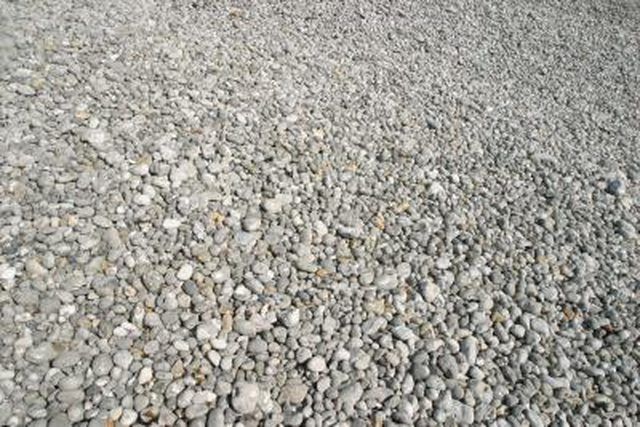Bulbs
Flower Basics
Flower Beds & Specialty Gardens
Flower Garden
Garden Furniture
Garden Gnomes
Garden Seeds
Garden Sheds
Garden Statues
Garden Tools & Supplies
Gardening Basics
Green & Organic
Groundcovers & Vines
Growing Annuals
Growing Basil
Growing Beans
Growing Berries
Growing Blueberries
Growing Cactus
Growing Corn
Growing Cotton
Growing Edibles
Growing Flowers
Growing Garlic
Growing Grapes
Growing Grass
Growing Herbs
Growing Jasmine
Growing Mint
Growing Mushrooms
Orchids
Growing Peanuts
Growing Perennials
Growing Plants
Growing Rosemary
Growing Roses
Growing Strawberries
Growing Sunflowers
Growing Thyme
Growing Tomatoes
Growing Tulips
Growing Vegetables
Herb Basics
Herb Garden
Indoor Growing
Landscaping Basics
Landscaping Patios
Landscaping Plants
Landscaping Shrubs
Landscaping Trees
Landscaping Walks & Pathways
Lawn Basics
Lawn Maintenance
Lawn Mowers
Lawn Ornaments
Lawn Planting
Lawn Tools
Outdoor Growing
Overall Landscape Planning
Pests, Weeds & Problems
Plant Basics
Rock Garden
Rose Garden
Shrubs
Soil
Specialty Gardens
Trees
Vegetable Garden
Yard Maintenance
How to Plow Gravel Driveways
How to Plow Gravel Driveways. Plowing gravel driveways brings some special considerations that are not present when you plow paved or cement areas. It's possible for the plow blade to dig, which can spread gravel into the surrounding lawn and cause significant amounts of cleanup work in the spring. Careful plowing and some simple tips can minimize...

Plowing gravel driveways brings some special considerations that are not present when you plow paved or cement areas. It's possible for the plow blade to dig, which can spread gravel into the surrounding lawn and cause significant amounts of cleanup work in the spring. Careful plowing and some simple tips can minimize this possibility, yet still allow you to clear snow off the drive.
Things You'll Need
Vehicle with appropriate plow.
Install shoes on the plow and adjust them approximately 1/2 inch above the ground to avoid digging deeply into the gravel or the surrounding yard while plowing. Plowing gravel driveways with the plow blade all the way down on the ground can lead to large portions of the driveway gravel ending up in the lawn by spring.
Create a first plow down the middle of the driveway then work up and down the driveway rolling snow outward with an angled blade or to both sides with a V-blade plow. This will allow you to have a clear middle section, from which you can begin working snow off to the sides.
Work up and down the driveway with the plow blade angled outward, pushing snow to the side further with each pass after the initial middle path has been cleared. This is effectively acting as half of a wedge to push the snow to the side and expands the plowed width with each pass. To effectively do this, you should plan to plow between 1/2 and 2/3 of a plow width with each pass; attempting to plow with the full blade width will typically leave a trail spilling over on the non-wedge side and create more work to clean up after the main passes.
Manage the snow by making sure you push it to areas that won't be problematic later. Plowing snow isnít just about moving it off of where you want to drive. Be sure in the first couple snowfalls of the season to push snow banks back far enough to allow for room to push future snowfalls. Failure to do this can cause restriction points to develop through a heavy winter when there is no longer a good place to pile snow. In some cases, it may become necessary to bring in other equipment such as a front end loader to actually remove snow from areas to allow plowing to again be effective.
Allow a first light snow (1 inch of less in depth) to pack down before plowing if possible. This can create a frozen buffer layer between the gravel and your blade for future plowing. It will allow the plow to ride on top of the snow and not dig into the gravel as much, but still create a good clear driving surface.
Tips & Warnings
In areas that are restricted in size and do not allow banks or piles of snow to be left, you can scoop or push the snow to an area in which it can be piled. Plowing at least one blade width to the side of the driveway if possible is recommended to allow room for any snow drifting or future plowing needs.